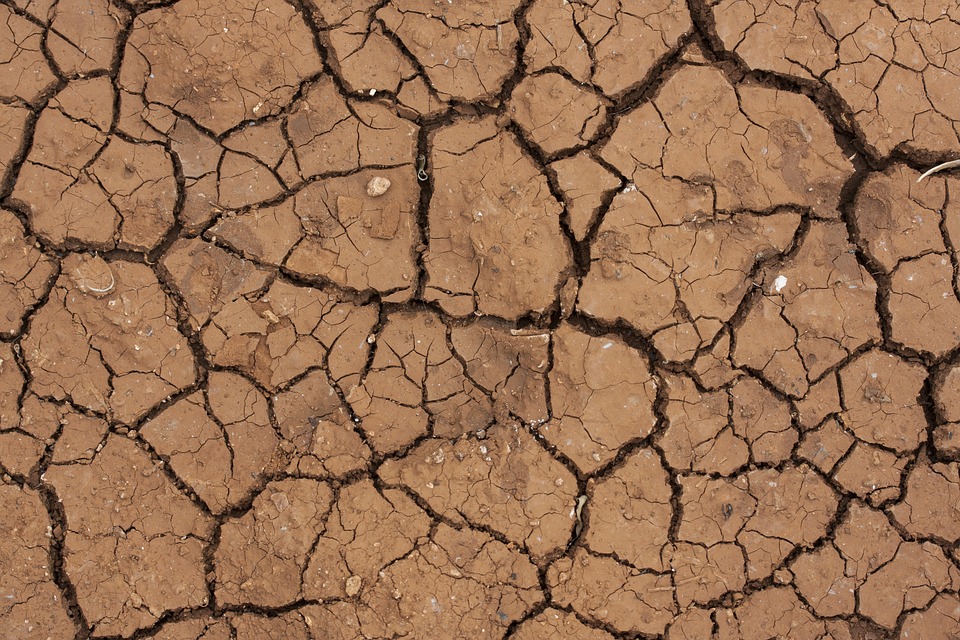How Does Black Carbon Affect The Climate?
Black carbon, also known as soot, is a type of air pollution that can have a significant effect on the climate. It is made up of tiny particles of carbon that are released into the atmosphere by burning fossil fuels, such as oil, coal, and gas. These particles absorb and trap heat in the atmosphere, which contributes to global warming. In addition, black carbon can have a direct effect on human health by causing respiratory diseases.
What Is Black Carbon?
Black carbon is a type of air pollution made up of tiny particles of carbon. It is created when fossil fuels are burned, such as in vehicles and factories. The particles are so small that they can travel long distances and remain in the atmosphere for a long time.
How Does Black Carbon Affect The Climate?
Black carbon absorbs and traps heat in the atmosphere, which contributes to global warming. When black carbon is released into the atmosphere, it absorbs radiation from the sun and traps heat. This process is known as the “greenhouse effect” and it is one of the main drivers of climate change.
In addition, black carbon can also have a direct effect on human health. When inhaled, the particles can cause respiratory diseases such as asthma and bronchitis. They can also aggravate existing medical conditions such as heart disease and lung cancer.
How Can We Reduce Black Carbon Emissions?
Reducing emissions of black carbon is an important step in addressing climate change. The most effective way to reduce black carbon emissions is to switch to cleaner sources of energy, such as renewable energy sources like solar and wind.
In addition, governments can introduce policies to reduce the amount of black carbon produced. For example, they can implement fuel-efficiency standards for vehicles, or introduce regulations to reduce the amount of fossil fuels burned in factories.
Conclusion
Black carbon is a type of air pollution that can have a significant effect on the climate. It absorbs and traps heat in the atmosphere, which contributes to global warming. In addition, it can have a direct effect on human health by causing respiratory diseases. To reduce black carbon emissions and prevent further climate change, governments must introduce policies to reduce the amount of fossil fuels burned, and switch to cleaner sources of energy such as renewable energy sources.

Kyle Whyte is a notable scholar and professor at the University of Michigan, holding positions such as the George Willis Pack Professor in the School for Environment and Sustainability and Professor of Philosophy. Specializing in environmental justice, his work critically examines climate policy and Indigenous peoples’ ethics, emphasizing the nexus between cooperative scientific endeavors and Indigenous justice. As an enrolled Citizen Potawatomi Nation member, he brings a vital perspective to his roles as a U.S. Science Envoy and member of the White House Environmental Justice Advisory Council. His influential research is supported by various prestigious organizations including the National Science Foundation, and disseminated through publications in high-impact journals. Kyle actively contributes to global Indigenous research methodologies and education, with affiliations to numerous institutes and societies dedicated to traditional knowledge and sustainability. Recognized for his academic and community engagement, Kyle has earned multiple awards and served in various visiting professorships. His efforts extend to leadership positions on boards and committees focused on environmental justice nationwide.
